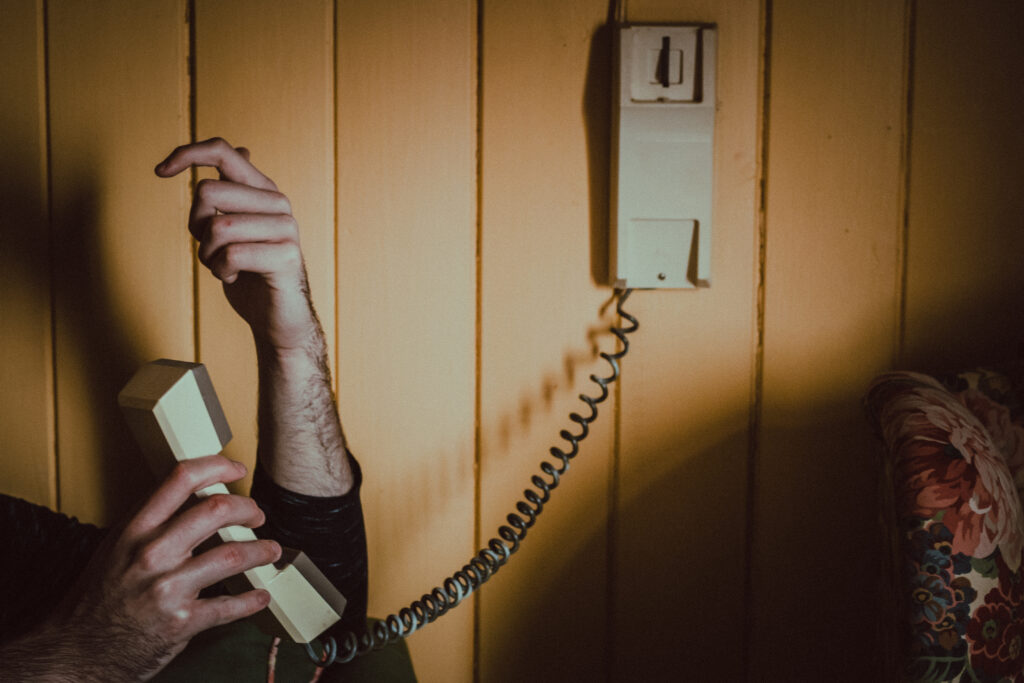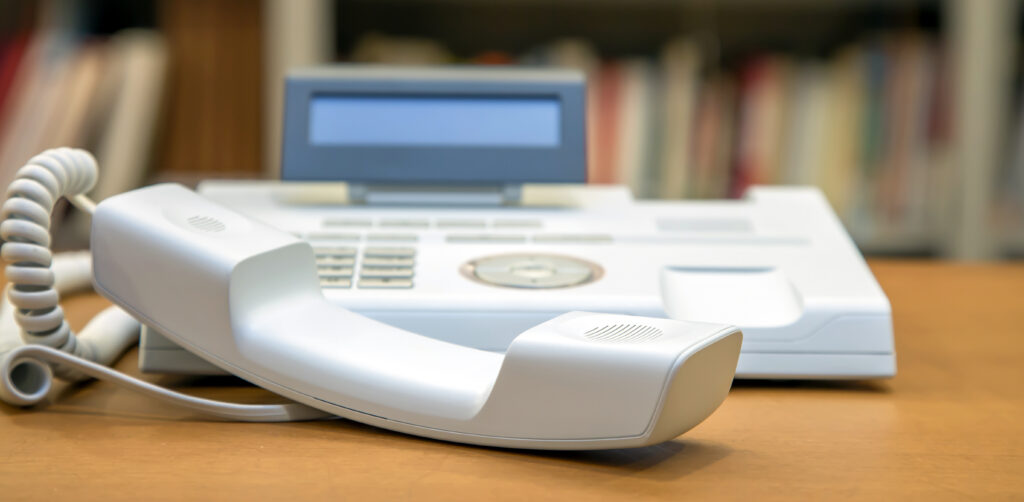In an era dominated by smartphones and high-speed internet, the unassuming 'basic phone' is quietly carving out its niche. Although simplistic in design and functionality, often referred to as 'home phones,' serve as a linchpin for those seeking minimalism and focus in communication. In this comprehensive guide, we will explore the essence of their benefits, and who they are best suited for.
What is a Basic Phone?
As the term suggests, it is designed primarily for fundamental communication needs: calling. Unlike smartphones that come equipped with advanced features like high-resolution cameras, internet browsing, and a myriad of apps, phones maintain an intentionally minimalistic repertoire of functionalities. Because of their simplicity, these devices also go by names like 'home'.
Why Choose a Basic Phone?
- Cost-Effectiveness: Significantly more affordable than their smartphone counterparts. Whether you're looking to save money or need an inexpensive phone for occasional use, the cost-benefit ratio is undeniable. Most home phone plans have a one time monthly fee for unlimited calling.
- Battery Life: One of the standout features is their impressive battery life. Due to their limited functionalities, phones can run for days, or even weeks, on a single charge—far outlasting most smartphones. Depending on the physical device and the network, your home phone may have the ability to connect in the case of minor power outages or minor disaster situations.
- Durability: Often built to withstand more than a few drops and knocks. Their sturdy build makes them ideal for individuals in physically demanding jobs or for those who simply want a reliable, no-frills device.
- Reduced Distraction: A perfect ally for those seeking a digital detox. With no apps to suck you down the vortex of endless scrolling, you can focus on what really matters.
- Easy to Use: For those who aren't tech-savvy, such as elderly individuals or young children learning to use their first phone, these phones offer a straightforward, intuitive user experience.

Frequently Asked Questions
Who Should Use a Basic Phone?
- Elderly Individuals: User-friendly and cater to the elderly who may find smartphones complicated.
- Minimalists: Those who prefer to eliminate unnecessary distractions will find a haven in the simplicity.
- Professionals in Specific Fields: Occupations that require durability and long battery life, such as construction or fieldwork, can benefit extensively.
Can I Use a Basic Phone for Emergency Services?
Yes, they are equipped to handle emergency calls and are a reliable means of communication in urgent situations.
Are Phones Secure?
They are generally more secure since they lack internet capabilities that can expose smartphones to malware and phishing attacks. Some scammers still use calling as a tactic to gain access to personal information. Learn how to protect yourself from over the phone phishing attempts here.(link to an article about phone security and Vishing attempts)
FAQ: Understanding 'Home Phones' in the Context of Modern Communication
What does the term mean in the context of communication?
A 'home phone,' often referred to as a landline phone, is a device that primarily focuses on providing essential phone functions such as making calls. Unlike smartphones, phones do not rely on advanced operating systems like Android or iOS and usually have limited simpler user interfaces and fewer applications. Basic phones are designed to be straightforward, reliable communication tools without the extensive features and functionalities found in modern smartphones.
How does a basic phone redefine communication in the modern world?
In the modern world, where smartphones dominate, phones offer a streamlined, distraction-free communication experience. They redefine communication by emphasizing the core functionalities—calling and texting—that remain fundamental to keeping in touch.
Phones provide an alternative for those who wish to minimize digital distractions, reduce screen time, and focus on essential communication. Additionally, they are often more durable, with longer battery life compared to smartphones, making them reliable for specific use cases such as emergencies, outdoor activities, or for individuals in regions with limited technological infrastructure.

What features can I expect from a phone as per the comprehensive guide?
According to a comprehensive guide, you can expect the following features from a phone:
- Calling: The core functions, facilitating voice calls and receiving voice messages- Long Battery Life: Typically offer extended battery life due to their limited functionalities and lower power consumption.
- Durability: Many are built with robust designs to withstand drops and rugged usage.
- Simple User Interface: An easy-to-navigate interface with physical buttons, making them user-friendly, especially for seniors or children.
- Storage for Contacts and Messages: Ample storage for storing a significant number of contacts and text messages.
Why might someone choose a basic phone over a smartphone, according to the guide?
There are several reasons why someone might opt for a basic phone over a smartphone, as outlined in the guide:
- Simplicity and Ease of Use: Intuitive and easy to use, with straightforward features that cater to individuals who prefer simplicity.
- Cost-Effective: They are more affordable both in initial purchase price and in long-term maintenance, including lower data and service costs.
- Distraction-Free: With fewer apps and internet capabilities, basic phones help users avoid distractions and focus on face-to-face interactions.
- Security and Privacy: Less susceptible to malware and cyber-attacks due to their lack of sophisticated software, offering a more secure communication option.
- Reliability: The extended battery life and durability make them reliable choices for situations where connectivity is crucial, such as in rural areas or during travel.
- Emergency Use: They serve well as backup phones for emergencies, ensuring users always have a communication tool at hand.
- Targeted Demographics: Ideal for seniors, young children, or individuals not tech-savvy who require basic communication capabilities without the complexity of modern smartphones.
In sum, basic phones offer a blend of simplicity, durability, and efficiency that questions the modern-day necessity for feature-packed smartphones. By catering to fundamental communication needs, these 'phones' redefine the way we view connectivity. Whether you are seeking to reduce distractions, ensure a reliable communication pathway for elderly family members, or save on costs, a basic phone may just be the perfect choice. Rediscover the joy of straightforward communication today.
By aligning our lifestyle with tools that prioritize functionality over frivolity, we not only streamline our communication but also reclaim parts of our day lost to digital distractions. In an ever-connected world, it stands as a symbol of purposeful simplicity.




